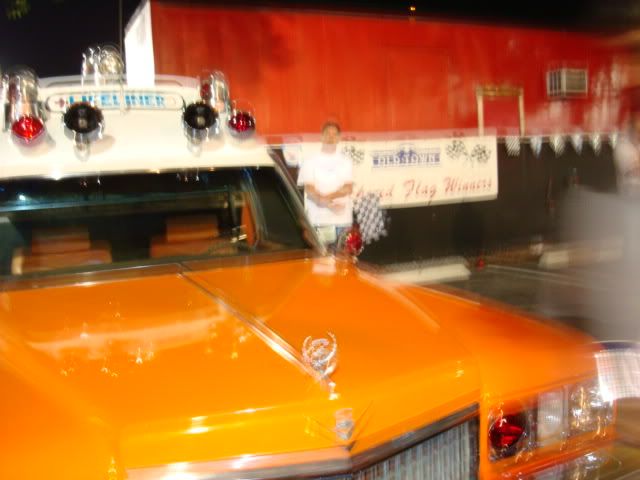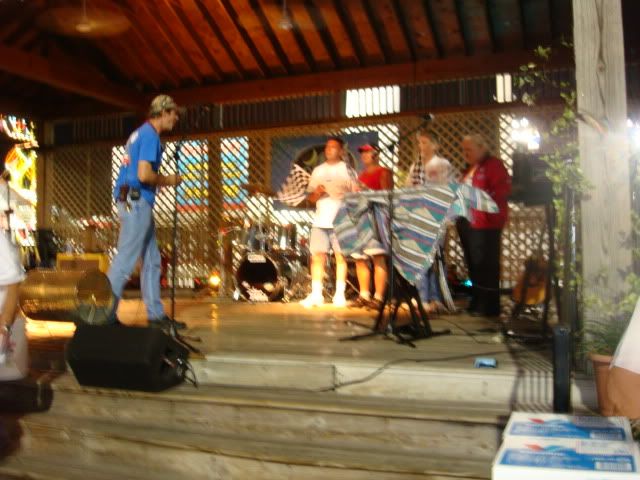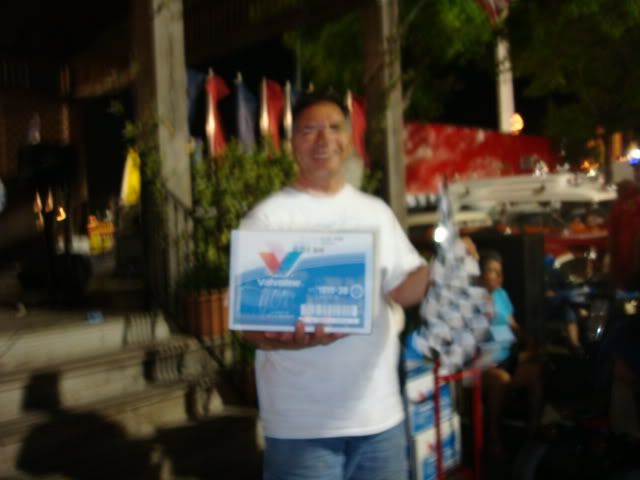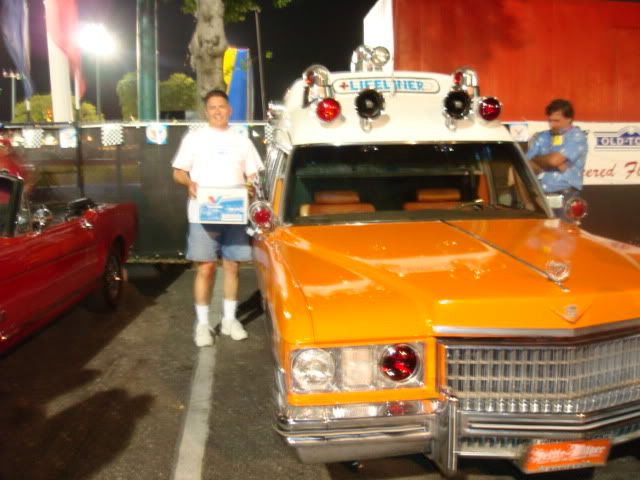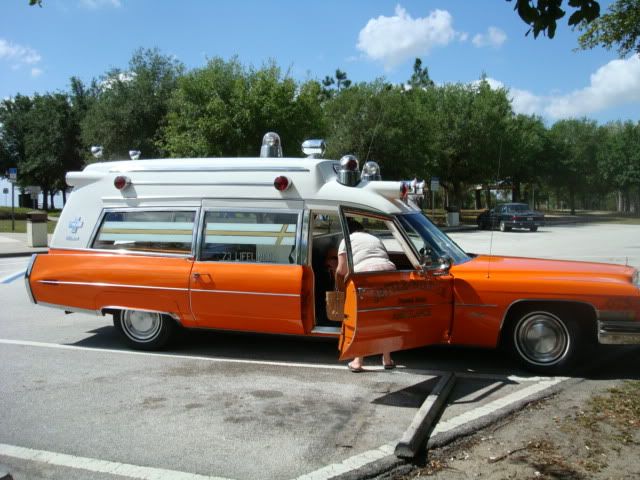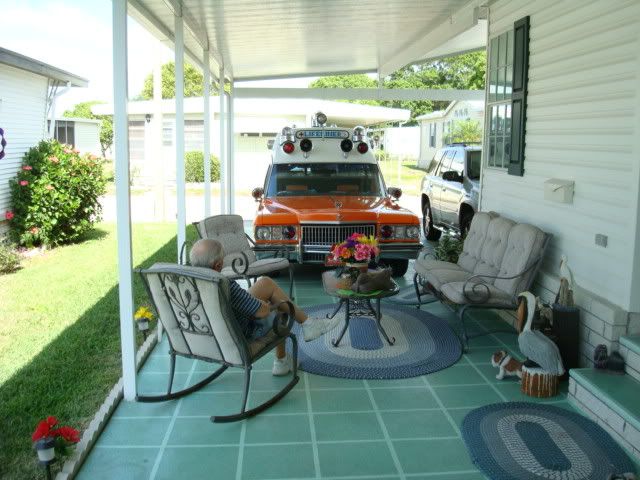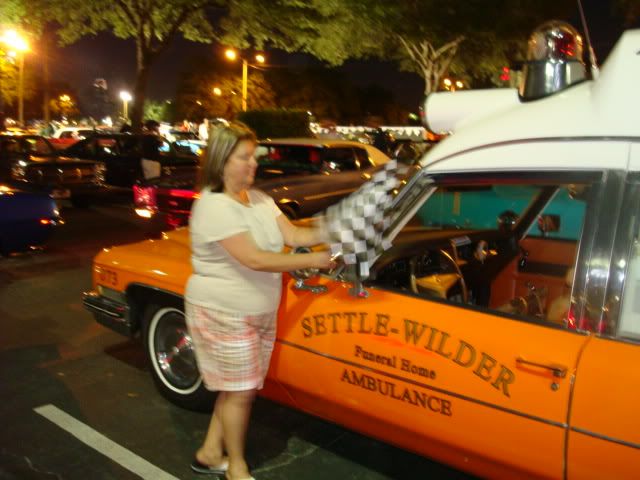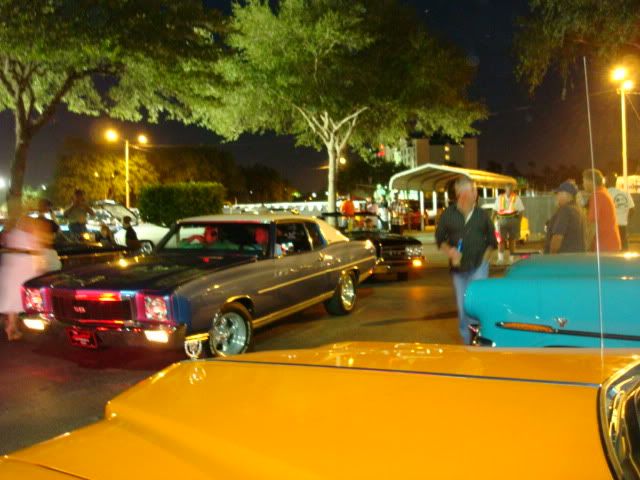R-12 refrigerant is running about $25 for a 12 ounce can on ebay. I have seen some auctions where you can purchase if for less if you are willing to purchase a full case of 12 cans. Just be careful not to be confused with R-12A, which is an EPA approved replacement for R-12, but does not contain any fluorocarbons. R-12A is very similar to R-134, and doesn't work as well in the older cars that were designed for R-12. If you find a person that knows how to work on a car that was designed for use of R-12, and that person properly fixes any leaks prior to refilling the system, your system should be good for many years to come without any additional servicing. The problem with all refrigeration systems, is that the seals dry out when the system is left idle for long periods of time without being run. This is why the newer cars all have the A/C system set that it will cycle on with the heater in the winter. This allows the oils in the system to lubricate the seals and keep them from drying out. Check the underside of the hood in the area directly above where the compressor belt is located. If you find a faint line of oil going from right to left on the underside of the hood, that indicates that the compressor front seal has failed. This will need to be repaired prior to any other service that is done on the vehicle A/C system. This front seal is prone to leaking on the older R-6 rotary vane compressors that GM has used for more than 40 years. If this problem exists, then I suggest that you send the complete compressor out for service. The other problem with this compressor is that the front bearing in the fan belt clutch system will fail with age, and will result in a chewed up clutch. A good repair facility will recognize the symptoms of all these problems, and will do a proper job in replacing all defective parts. These seals and bearings are field serviceable, but with the higher cost of refrigerant, it is best to leave that work to the people that have all the test equipment to guarantee a perfect repair. A properly functioning R-12 system will outperform any modification to the system using any replacement refrigeration gas, and in the end, it will not cost any more to keep it as originally designed. Once you switch from R-12 to R-134, you cannot change it back to R-12 ever again, unless you replace all the parts that have fittings on them. The R-134 conversion fittings are designed to never be removed, and if you try to remove them, it will destroy the fitting threads on the components. Please keep in mind that no matter what refrigerant that you use, you must fix the leaks first. R-134 will leak out of the hoses of a R-12 system due to the smaller molecules of the R-134 as opposed to the larger molecules of R-12. If you were to properly convert the system, you would also be replacing all the refrigerant hoses, adding to the overall cost of the repair. When all options are considered, in the end, it is actually less expensive to put the more expensive refrigerant into the system because of the superior performance it will provide.


